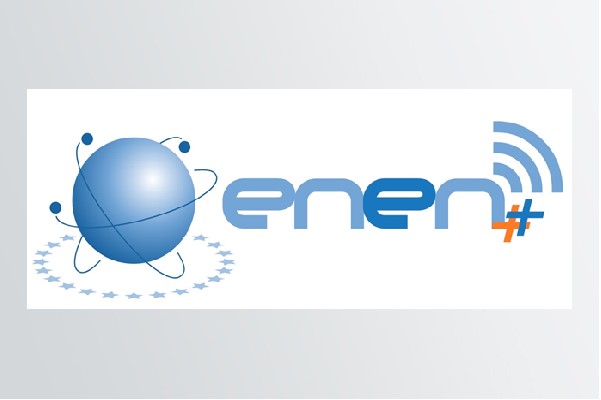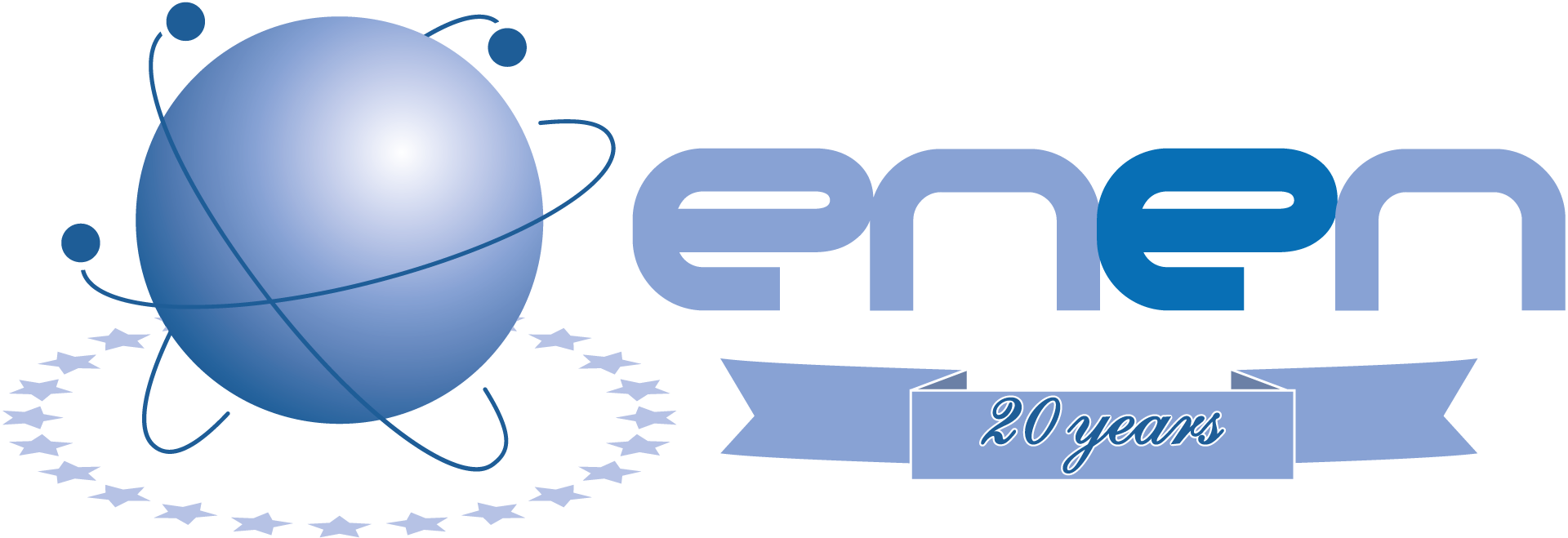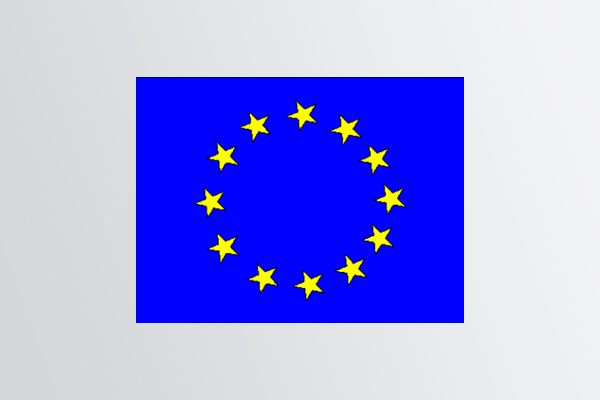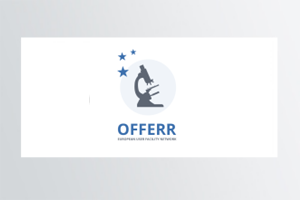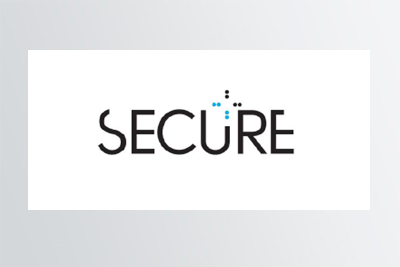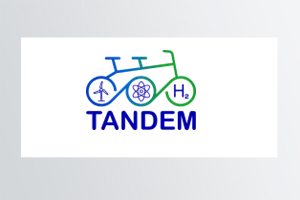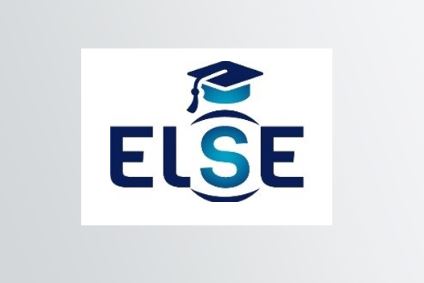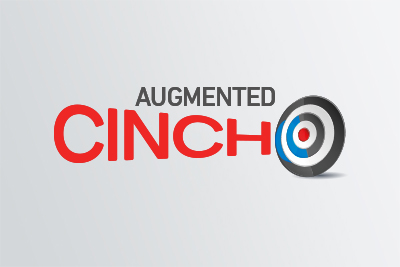Description of the Work
Similarly to CINCH and CINCH-II, the proposed organisation of this project is built around three pillars:
- Nuclear Awareness that aims particularly on general public and secondary school students
- Sustainability and Evolutionary Developments that aims particularly at vocational education and training (VET) of NRC professionals
- Novel Education and Training Approaches that aims both at university students and VET,supported by two cross-cutting activities:
- Mobility
- Management.
Euratom funding is sought namely for the coordination and networking aspects (95 % of the total costs of the project), specifically development of the MOOC and completion and implementation of the toolkit developed for education coordination and for distance learning, and further development and implementation of the instruments for the coordination of VET.
Even though the work on each of the three topics defined above is, from the formal point of view, carried on by a dedicated group of Partners, deep involvement of the entire Consortium in all the Project Tasks is expected. Thus, the project will require extensive discussions among all the partners, running both via email and personal discussions during the project meetings. This policy is also reflected in the efforts distribution in the individual work-packages where often even partners not directly responsible for any of the specific Tasks should contribute by a significant number of person-months.
This strategy will enable particularly the representatives of academia to profit from the views of ‘future employers’ and incorporate their identified needs into the curricula. Consequently, the WPs, even though formally “evolutionary development” or “novel approaches”, will always incorporate both these aspects – it will just be their ratio that will differ. Similarly, the toolkit developed in the MEET-CINCH project will be conceived as universal and applicable for both application areas and for both education and training at the same time.Even though the consortium is broader as compared to CINCH-II, it is still relatively limited, particularly because of the budgetary constraints. Therefore, all the participants will be expected to represent not only their personal/institutional opinions/positions but try to identify the general “European views”. This is especially valid for the “End-users” who should provide a general opinion from European countries stakeholders and not only the opinion of their institutions.
Gathering these broad views will be facilitated by the existence of two instruments:
- MEET-CINCH End-users and Advisory Group (EAG) that will include and further develop the End-users and Advisory Group established in CINCH-II.
- Close contact with the NRC Network that originated from the CINCH-II project and for which the MEET-CINCH is expected to provide the secretariat for its start-up period.
To meet the above defined objectives, the proposed activities have been organised into three technical and two managerial work-packages that closely copy the project pillars listed above. Each of the work-packages is further subdivided into several Tasks. The WPs are:
- WP1: Nuclear Awareness and Dissemination
- WP2: Sustainability and Evolutionary Development of VET tools
- WP3: Novel Education and Training Approaches (Flipped Classroom)
- WP4: Mobility, dissemination and exploitation
- WP5: Project Management and Administration
All the work-packages will run in parallel from the start of the project. Strong interfaces and common guidance in these activities will exist to ensure that they do not produce divergent conclusions and to avoid non-useful duplication of work, particularly in the “education” and “training” work-packages.

